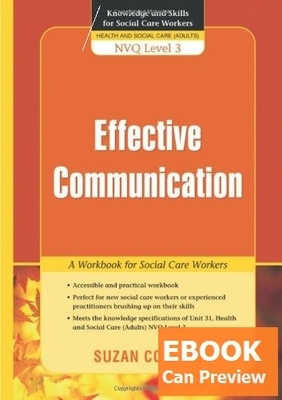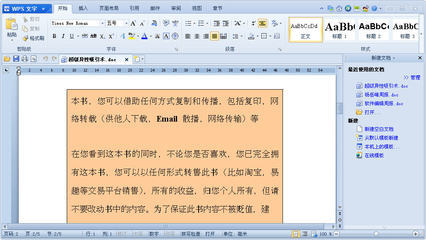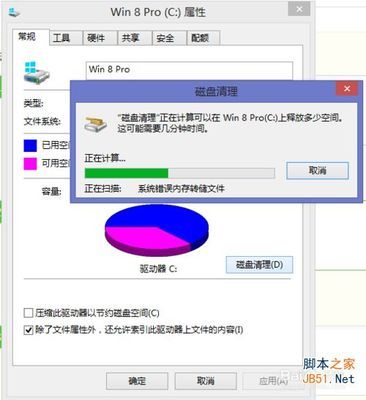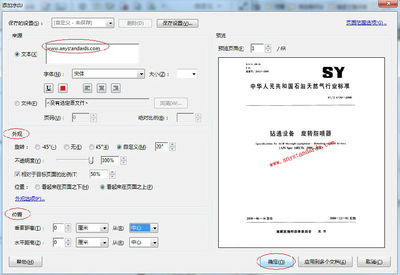Effective communication is such animportant part of successful teams, when team members effectivelycommunicate they are well equipped to work through any teamchallenge or opportunity that comes theirway.
There is no one size fits all forhow to communicate optimally which each individual but the basicsof effective communication will put you on the right track, thefollowing is a list of sound communication principles and questionsyou can ask yourself to improve your communication with each ofyour team mates depending on their key preferences andneeds:
- Time is a precious resource,ensure your communication is focused and provide only as muchdetail as the recipient needs to understand and engage.
- Demonstrate active listeningwhenever possible (repeating back a summarized version or askingclarifying questions).
- Determine if your team mateprocesses information better through verbal communication orwritten communication, although you should never use one formexclusively, when you need to ensure your team mate clearlyunderstands the information, make sure you provide it in the formthat best suits them.
- Check for visible confirmationthat your team mate is listening and engaged, if not save thecommunication for a time when you are both able to fully commit tothe conversation.If the time never seemsright, be a little more forcefully and specifically ask forconfirmation that what you are saying is being heard.
- Determine if your team mate likesto process information in a linear manner or is comfortablediscussing an idea from many different perspectives and adjust yourcommunication accordingly.
- Determine if your team mates needfacts and figures to connect to an idea or if they need to have anemotional connection before fullyengaging.You will need to think throughboth dimensions but put the focus on one or the other withparticular team mates.
- Determine if your team mate likesto process information internally prior to being able to engage ina discussion about alternatives or is comfortable with fullbrainstorming, asking a team mate who requires internal processingtime to engage on the fly will not only deliver sub-optimal resultsit can create tension in the team as they have been placed in anuncomfortable position.
- Ensure your verbal and non verbalcommunication is consistent, some team mates will be less focusedon the non verbal but some place a very high degree of importanceon the consistency of verbal and non verbalcommunication.
- For key communication (notsuggesting you uate each conversation before engaging) determine ifyou need the team mate to take action from the communication orsimply to be aware.The approach and detailyou provide will be quite different depending on theobjective.
- Check with your team on a regularbasis about how well communication is going, are there areas wherethere is too much information being discussed/disseminated, arethere areas where there is a void in communication, are there waysteam members would prefer to communicate i.e. a weekly meetinginstead of having to write a weekly activity report.
Being an effective communicator isimportant for most dimensions of work life but particularly so whenworking as part of a team.The more eachindividual is cognizant of their own needs and strengths and thoseof others adjustments can be made on both side to optimizecommunication effectiveness.

 爱华网
爱华网



